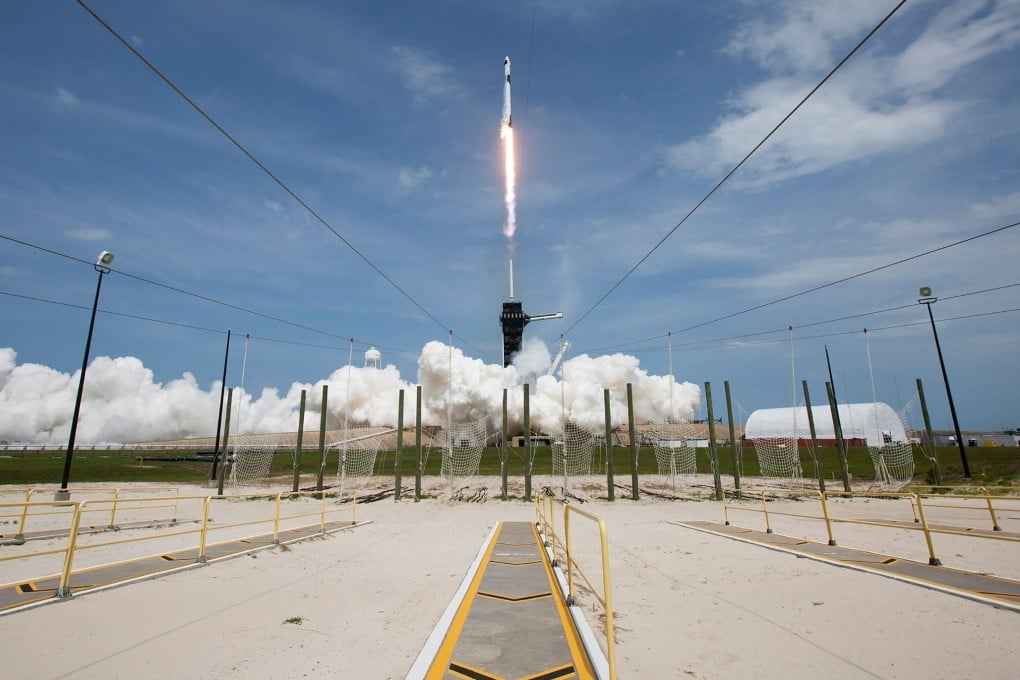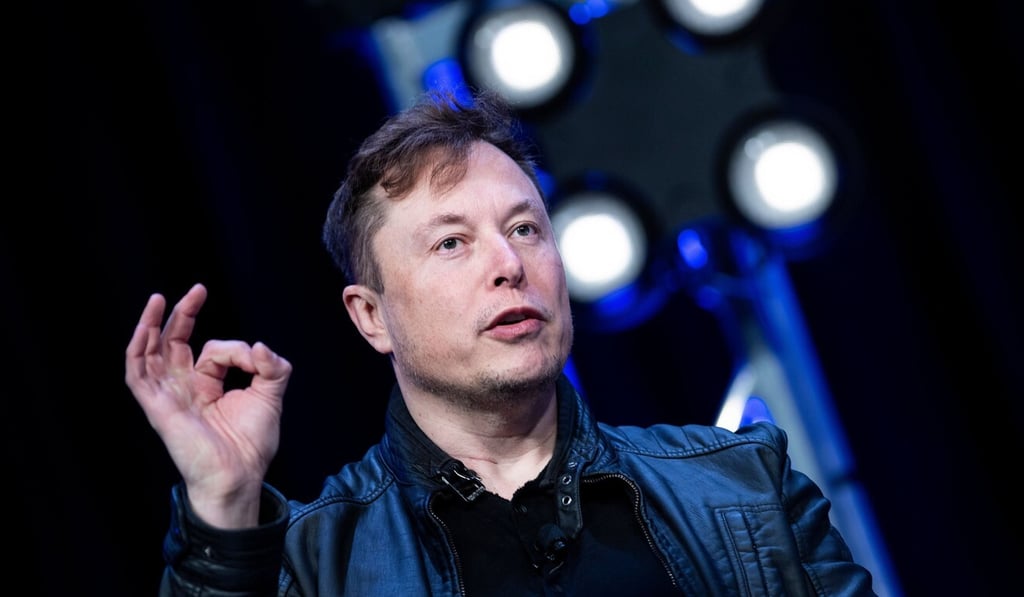SpaceX a great leap for private sector
- Elon Musk’s successful mission to the International Space Station may well have opened the way for Chinese companies to take part in such exploration

The exploration of space has long been the exclusive province of nations. Now, a significant step has been taken in the direction of privatisation. This is surely a welcome development.
At a time of rising tensions between the most powerful nations in the world, releasing a bout of entrepreneurial energy and creativity may well help people, companies – and even nations – to come up with new ideas, ventures and projects to make better use of outer space besides its militarisation and competition for national prestige.
SpaceX, the brainchild of Elon Musk, has successfully carried two Nasa astronauts to the International Space Station (ISS) in the first mission of its kind completed by a private company. The outspoken hi-tech entrepreneur of Tesla electric car fame can be proud.
The most obvious commercial application for manned missions is space tourism. It is, interestingly, pioneered by the Russians with their government space agency, in rides that cost millions but only last hours.

Virgin Galactic, founded by British businessman Richard Branson, has been working for years to provide cheaper tours, without much success. The potential, however, is surely there.